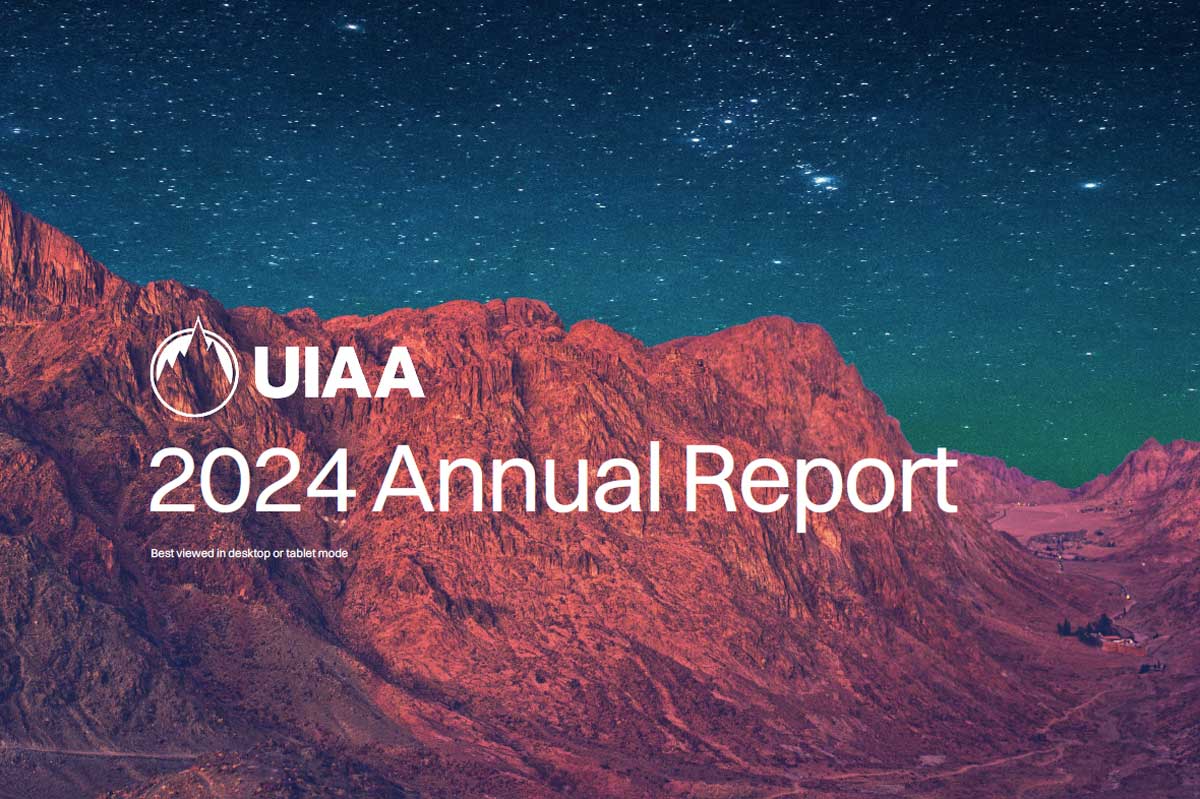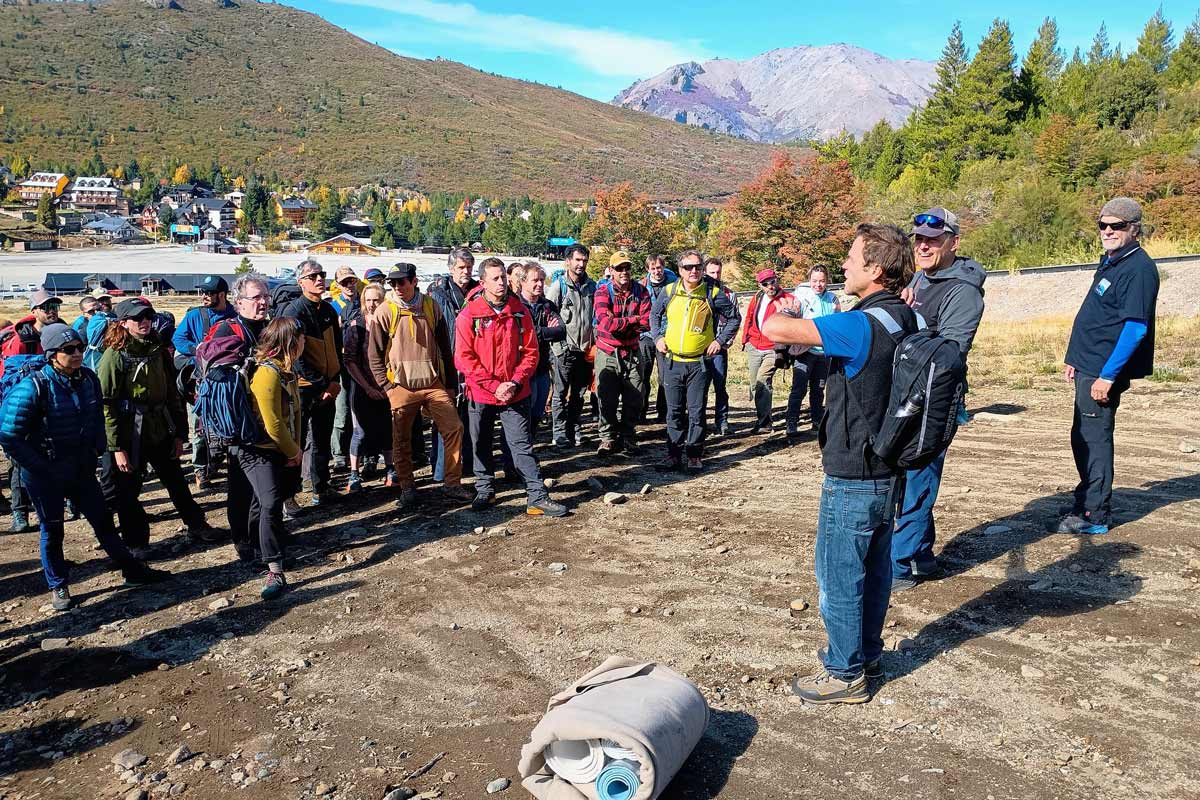Simple steps to avoid altitude illness, new frost bite treatment and the use of oxygen and medications in the mountains are among the important topics to be discussed at the upcoming meeting of the UIAA Medical Commission.
The commission is gathering in Adrspach, Czech Republic from October 2-4.
“In the meeting in the Czech Republic we will be concentrating on reaching a consensus on recommendations for matters such as altitude sickness, gastroenteritis and water treatment,” says commission president Buddha Basnyat.
“We will also talk about the published preliminary report about possible new frostbite treatment and spend a good deal of time discussing drug use, including oxygen, in the mountains for trekkers or mountaineers and see if we can reach a consensus regarding both frostbite and drug use,” he adds.
With regards to altitude sickness, Basnyat is keen to emphasise how important it is that people acquire “adequate and evidence based important information about proper acclimatisation in the mountains”. He says that two points shown by a German study by Schneider et al from 2002 needs to receive more attention.
The first is that mountaineers should use more than three days for climbing from 2,000m to 4,559m, so only ascend 640m per day. The second is that four days of exposure to altitudes above 3,000m in the last two months before a high altitude climb gives better protection against acute mountain sickness. “These two are important non drug, protective mechanisms against acute mountain sickness and will be discussed in detail at the UIAA Medcom meeting in the Czech Republic,” says Basnyat.
The commission will also continue developing the joint Diploma in Mountain Medicine which it has created together with partners MedCom ICAR and ISMM. Standard certificates for the course organisers and successful candidates are now being finalised. A new mountain medicine course organised by Michele Scesi, based at the University of Chieti, Italy has been approved, and mountain medicine societies in Argentina and Japan have expressed interest in setting up courses in their respective countries. Meanwhile, the Swiss Society of Mountain Medicine is the first institution to apply for approval of a specialty Expedition and Wilderness course.
In connection with the meeting, a symposium on mountain medicine, rescue in the mountains and medical issues relating to sports climbing will be held in nearby Teplice nad Metuji.


